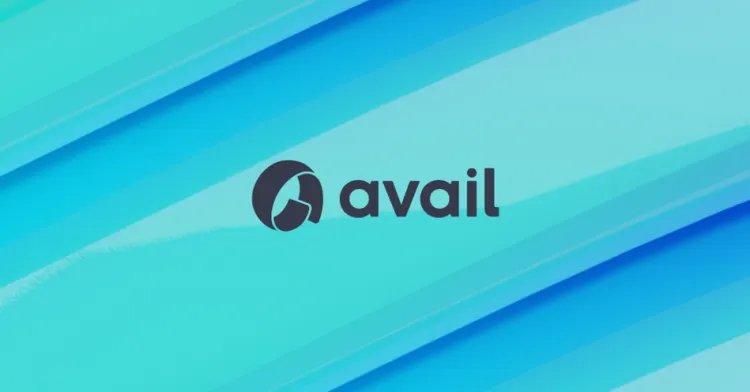Blok has announced its emergence from stealth alongside a $7.5 million seed round. The round was led by MaC Venture Capital and Protagonist, with participation from Rackhouse, Weekend Fund, Blank, Correlation, Karman, and several individual investors from companies such as Meta, Airbnb, Google, Pinterest, and Discord.
The company is focused on redefining the way digital products are developed, with a platform that uses AI to simulate user behavior and provide early insights into how a product will perform before it reaches real users.

Blok Raises Over $7 Million
Challenges in Current Product Development
The process of building digital products has become increasingly complex. As user interfaces evolve beyond traditional screens into voice and chat interactions, expectations for user experience have risen significantly. Modern users expect applications to be simple, responsive, and personalized. However, many teams continue to rely on outdated methods such as manual A/B testing and static logic frameworks that struggle to meet today’s standards for speed and adaptability.
Larger teams often rely on high volumes of traffic to test new features through trial and error, exposing real users to unproven versions of the product. Smaller teams, faced with limitations in user data, often bypass experimentation altogether and make decisions based on intuition. Both approaches can lead to inefficiencies, delays, and flawed experiences. As teams attempt to cover more use cases and address multiple user personas within the same interface, complexity builds, often resulting in bloated products with cluttered navigation and unclear workflows.

Blok Raises Over $7 Million
Introducing Blok’s AI-Powered Approach
Blok offers an alternative approach by enabling teams to simulate how users interact with a product before it goes live. Using AI models trained on actual product usage data, Blok creates virtual users that behave in realistic ways, allowing teams to test onboarding flows, feature interactions, and interface changes in a controlled, pre-launch environment.
By using behavioral simulation, Blok removes the need to wait for statistical significance in live tests and reduces reliance on user traffic to validate ideas. Teams can see how different design changes or user flows perform across various personas, identifying potential friction points early and making improvements before deployment. This leads to faster iterations and fewer costly mistakes, particularly in environments where real-time user feedback is limited.
Early Adoption and Use Cases
Product, design, and growth teams are already using Blok to enhance their development processes. The platform allows them to compare different product variants, forecast conversion outcomes, and better understand how diverse user types may respond to new features. This results in a shorter time to insight and helps ensure that products are more refined and user-aligned at launch.

Blok Raises Over $7 Million
A Shift Toward AI-First Product Development
Blok’s approach to product development is particularly relevant to the gaming industry, where user experience, rapid iteration, and personalized engagement are critical to success. Game developers often face the challenge of balancing complex mechanics, diverse player types, and evolving monetization models, all within fast-paced development cycles.
By using AI-driven behavioral simulation, Blok enables gaming teams to test game flows, onboarding experiences, and feature designs with virtual users before launch. This reduces reliance on live user testing, accelerates iteration, and helps ensure that games meet player expectations from day one. As the gaming industry increasingly embraces AI and personalized experiences - especially in web3 and multiplayer environments - tools like Blok offer a way to build more intuitive, responsive, and engaging games while minimizing development risk.


